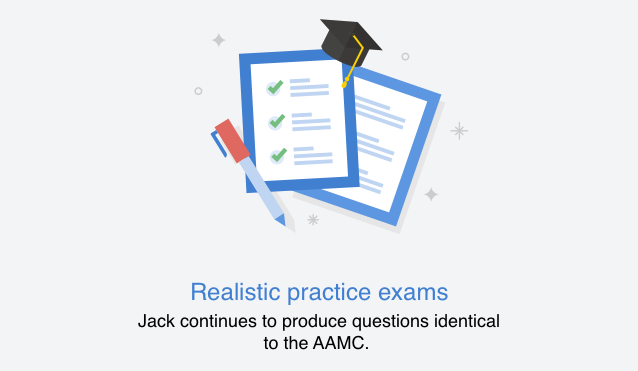Memory storage allows us to hold onto information for a very long duration of time—even a lifetime; however, there are many ways in which memory might fail to be retrieved, or be forgotten.
It is easier to remember recent events than those further in the past, and the more we repeat or use information, the more likely it is to enter into long-term memory. However, without use, or with the addition of new memories, old memories can decay. Transience refers to the general deterioration of a specific memory over time. This is particularly evident in short-term memory as short term memory begins to decline in old age leading to difficulties in free recall and also recognition. This is the opposite to mechanical memories such as a skill which is less likely to be forgotten, unlike information.
Memory can also be lost due to physiological diseases that interfere with the memory storage system in the body. Dementia is a disorder which causes injury to the brain and can lead to a decrease in mental processes. Alzheimer’s disease is commonly associated with those over the age of 65 and is a deterioration in the memory capacity of an individual in forgetting recent events. Korsakoff’s syndrome is a chronic memory disorder that is caused by alcohol abuse and causes memory loss due to a lack of vitamin B1.











